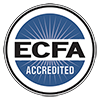There are many examples of stewards in today’s world. Another way we might think of them would be as managers. One such individual would be your banker. Your banker doesn’t own the money he controls. He only manages it. You understand that and your banker understands that as well.
Stewards, including bankers, have some restrictions. For example, stewards are accountable to the owner. This means that the owner can take back or take away wealth from the stewards if the stewards do not seek and follow the owner’s directions. Stewards are also responsible to provide an accurate report of their activities.
Stewards also have some rights. For example, stewards can and should invest and put to good use the wealth they manage. Many stewards also have the right to keep some of what they manage for their own use.
Let’s take a look at what Jesus taught us about stewardship.
In Luke 12:16-21 Jesus taught us several important truths about stewardship. Let’s notice a couple of important things about this parable. First, Christ does not condemn the farmer for having wealth, nor did He condemn the wealth itself, the plentiful harvest. Christ simply said, “The ground of a certain rich man brought forth plentifully.” Also notice the fact that it was the ground that produced this bounty, not the rich man himself.
So remember that wealth, including money, is not good or bad. Wealth is neither moral or immoral. Wealth in itself is not pleasing or displeasing to God. It is our attitude about what we have and the choices we make with what we have that are either pleasing or displeasing to God.
Now let’s look at the attitude of the farmer. What did he think when he saw the bountiful harvest? “Here’s what I’ll do. I’ll tear down my barns and build bigger ones, and that’s where I’ll store all my grain and my goods. And I’ll say to myself, take it easy and enjoy the fruits of my labors.” Do you see his error? He didn’t think of himself as a steward or manager. He thought of himself as the owner. When that large crop came in, he didn’t have a use for it. But notice, he didn’t ask, “God, why did you entrust all this to me, what do you want me to do with this great harvest that you gave?” No, he considered himself the owner and planned to store it ALL away for his own enjoyment. He took the position of owner and was condemned by God.
Let’s also notice that he failed to give value to that which had the greatest value in God’s eyes. The soul God had given him was of exponentially greater value than any bumper crop he might have ever harvested in his lifetime. In fact, he could have gained the whole world’s wealth and still have had less than the value of his soul. And it was this soul that God required of him that fateful night. By failing to abide by God’s value system and acknowledging God as the owner, he entered eternity a destitute and condemned man.
We can apply this parable to us today. We are “rich” when we consider our wealth from God’s perspective. We have “good crops” such as church communities, jobs, family, and time. But I wonder, if we were to stand accountable before God today for the quality of our stewardship, would we fare any better than this farmer? Do we treat God as the owner and seek His direction for how we should manage all this abundance? Or do we try to act the part of the owner and plan to store it away in our “barns”? True, many of us don’t have barns. But we do have checking accounts, savings accounts, investment accounts, homes, cars, clothing, etc. If we choose to be stewards, God blesses. If we choose to try out the position of owner, God condemns.
What is some evidence of good stewardship today? How can we know if we have the right attitude before we stand accountable on “that day”? Here are several things to consider:
- Do you understand “wealth” from God’s perspective?
- Do you acknowledge His ownership?
- Do you accept your responsibility as steward?
- Does your wealth add no sorrow to your life? Or are you encumbered with the stress and sorrow of ownership? See Proverbs 10:22.
Develop the attitude of a steward, a manager. Leave the ownership to whom it belongs, with God.
–Steve Yoder, CAM Foundation staff member






